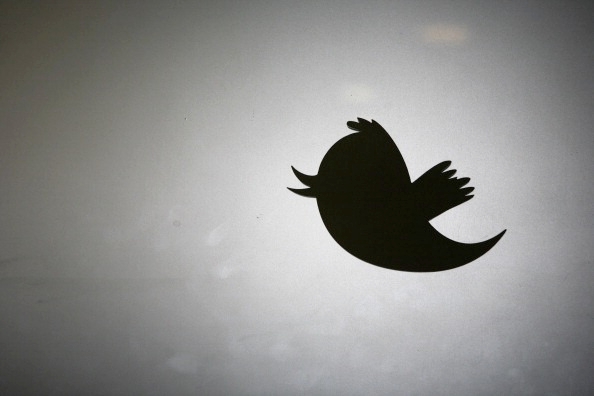A 17 year-old has been arrested (and is currently being detained) in Weymouth for sending unpleasant tweets to the nation’s Olympic hero Tom Daley.
Rio Ferdinand has been charged by the FA with retweeting a comment which referred to another footballer as a ‘choc-ice’. The Mail reports: ‘The initial ‘choc ice’ remark about Ashley Cole came two days after the Chelsea defender gave evidence on behalf of team-mate John Terry in his race trial concerning Ferdinand’s brother Anton.’
The Prime Minister felt moved to respond to two tweets from last week by a backbench MP who had expressed his dislike of the opening ceremony of the Olympics.
There are many, many more. I sometimes find myself wondering whether Twitter will simply end up bringing this country to a halt. It is terribly alluring for many people and dominates the news and now public life for a number of very clear reasons:1. There are a lot of people on Twitter and everybody is capable of making a fool of themselves. Therefore Twitter has the potential for an almost inexhaustible number of stories;
2. When people speak, or tweet, they often say things others disagree with. These include mean things;
3. Many people treat a medium which goes around the globe in seconds in the way they might send a text-message to a friend;
4. Twitter makes life easy for journalists who do not need to get out and investigate anything;
5. Ditto for the police, with the added incentive that chasing down a 17-year old tweeter in a seaside guest-house at 3 o’clock in the morning is easier than solving murder cases and less dangerous than pursuing robbers, rapists and other violent criminals.
I suppose it is possible that we could stop all of this by some new sort of law that declares everybody in the country to be a racist who needs prosecuting. Or we could agree a couple of ground-rules. As the police have today asked for some advice in this area, I am going to get the ball rolling. Here are my first two policy ideas for Twitter and a better Britain:1. If a 17-year-old says things, even very nasty things, to another person – even when the latter is a very talented national treasure – this should not be the subject of police investigation.
The police should assess the seriousness of the threat as well as the likelihood of its being carried out before heading in with armed-response teams in the early hours of the morning. For instance the most serious among the unpleasant remarks of the Weymouth One, was that he was going to ‘drown’ Tom Daley. Does this really constitute a death-threat? As a slight authority on this subject I suggest that it does not. Even if the unpleasant Tweeter were standing right beside him, Tom Daley is probably the hardest person in Britain to drown. He would be in his element, surely, if anybody even tried it? The police should recognise the tweet to be akin to somebody threatening to chase Usain Bolt, ignore it and find some burglars.
2. Perhaps people who are even remotely in the public eye should reconsider whether this is a medium they wish to be quite so personally involved in. Though Twitter obviously serves some purposes it does not seem to me a very good medium for civilised debate or encouragement.
Hoping to lead by example, I myself have a Twitter account which sends out pieces and blogs to a very few interested people. But I do not send or receive tweets because life is extremely short, not very many people have interesting things to say, and there are always unread books. Given the continuous misery that can be visited by anyone upon anyone else at a moment’s notice it seems to me that Tom Daley and others would benefit by following my example. He might tweet his appearances, his scores and the occasional nice photo. But I do not see why he – or anyone – would want to allow the opinions of absolutely anybody in the world to reach you either immediately before or after a major sporting event, or at any other time. The law of averages dictates that there is always going to be at least one person who behaves unpleasantly. We do not distribute megaphones and hand them out to everybody in a room. And since we cannot currently confiscate nasty peoples’ mobile phones or Twitter accounts, the best thing to do is not to be available, get on with your work and try to meet all the nice people who still exist in person.






Comments